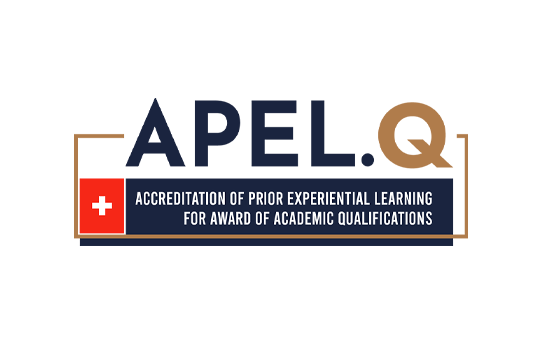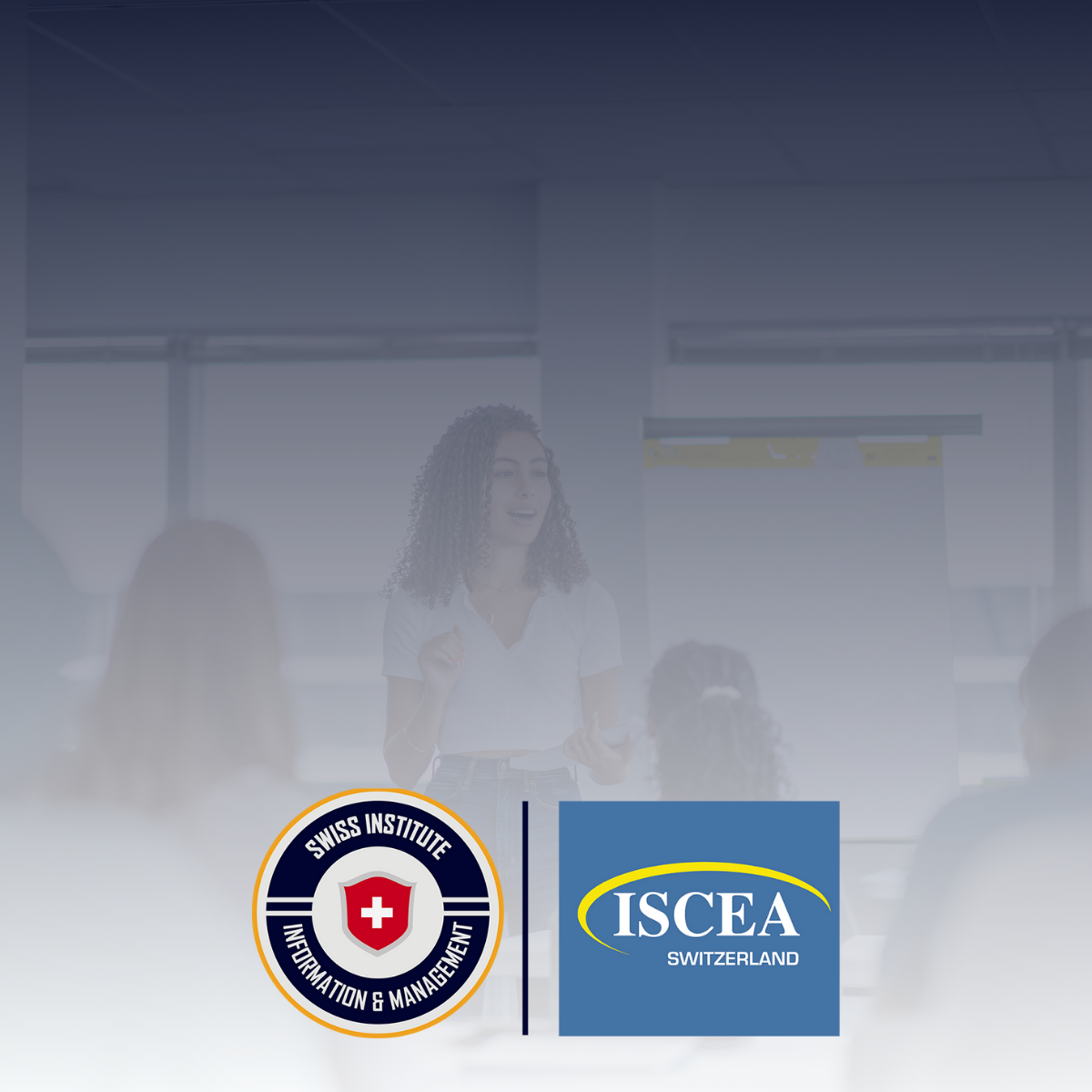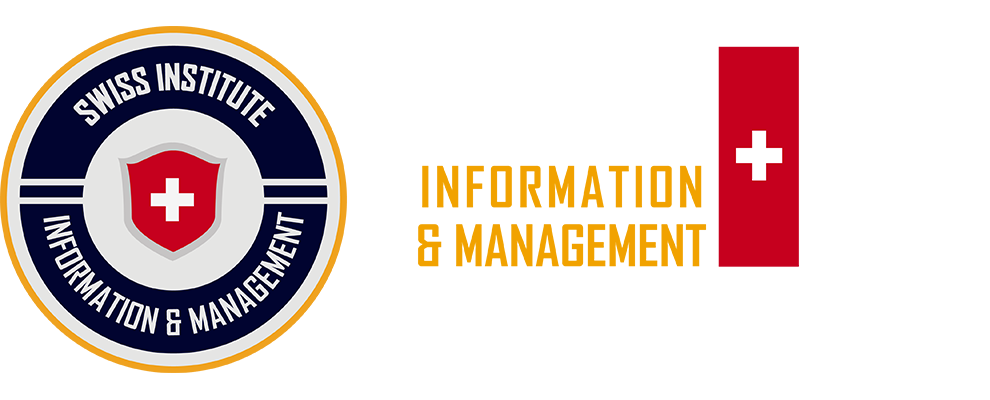OPEN POSITIONUndergraduate Lecturers
Position Introduction
Shaping minds, inspiring growth

The Undergraduate Lecturer is responsible for providing high-quality education to undergraduate students while adhering to the InTASC standards to promote effective teaching practices. The lecturer will design and deliver courses, assess student performance, and contribute to the academic and professional growth of students. The role also involves maintaining engagement with the latest developments in both the academic field and educational best practices.
- Prepare and deliver engaging lectures, seminars, and workshops aligned with InTASC Standard #1 (Learner Development), adapting teaching strategies to accommodate students at different stages of their academic and cognitive development.
- Use multiple instructional strategies to encourage active participation and critical thinking, following InTASC Standard #8 (Instructional Strategies).
- Provide inclusive and supportive learning environments based on InTASC Standard #2 (Learning Differences) to meet diverse student needs.
- Develop course materials that integrate relevant content knowledge and real-world applications, adhering to InTASC Standard #4 (Content Knowledge).
- Work collaboratively with colleagues to create an interdisciplinary approach to course design, promoting critical thinking and problem-solving in line with InTASC Standard #5 (Application of Content).
- Mentor and advise students to foster intellectual growth and career planning, adhering to InTASC Standard #3(Learning Environments), by creating supportive, respectful, and motivational environments.
- Provide timely and constructive feedback, guiding students through challenges while developing self-efficacy and motivation, in line with InTASC Standard #6 (Assessment).
- Design varied and fair assessments (quizzes, exams, projects) that reflect students’ understanding of course content and their critical thinking abilities, in line with InTASC Standard #6 (Assessment).
- Use assessment data to monitor student progress and make informed decisions on instruction, adhering to InTASC Standard #7 (Planning for Instruction).
- Continuously improve instructional practices by engaging in professional development, networking with peers, and attending conferences, following InTASC Standard #9 (Professional Learning and Ethical Practice).
- Conduct and publish research or engage in creative projects, and incorporate findings into teaching methods and materials, in line with InTASC Standard #10 (Leadership and Collaboration).
- Participate in faculty meetings, curriculum development, and institutional committees that promote excellence in education, following InTASC Standard #10 (Leadership and Collaboration).
- Support the mission and goals of the institution through active involvement in departmental initiatives and community engagement projects.
- Collaborate with community stakeholders to enrich the learning experience and create connections between academic knowledge and professional practice, as outlined in InTASC Standard #5 (Application of Content) and Standard #10 (Leadership and Collaboration).
- Participate in community outreach programs, recruitment, and other activities that build strong student engagement and institution presence.
- InTASC Standard #1: Develop engaging and developmentally appropriate lessons that respect the learners’ academic, social, and emotional stages.
- InTASC Standard #2: Adapt teaching methods to meet the diverse needs of students, including those with different learning styles, backgrounds, and abilities.
- InTASC Standard #3: Establish a classroom environment that supports individual and collaborative learning and encourages student interaction.
- InTASC Standard #4: Demonstrate a strong understanding of subject matter, incorporating contemporary research and innovative teaching techniques.
- InTASC Standard #5: Connect subject matter to real-world applications, enabling students to apply what they learn to various professional settings.
- InTASC Standard #6: Use multiple methods of assessment to gauge student progress and adjust teaching strategies as needed.
- InTASC Standard #7: Plan instructional activities that align with learning objectives and foster critical thinking.
- InTASC Standard #8: Implement a variety of instructional strategies that engage students and promote deep understanding of course content.
- InTASC Standard #9: Engage in continuous professional development and reflect on teaching practices to ensure ongoing improvement.
- InTASC Standard #10: Collaborate with colleagues, students, and the community to foster an enriching academic environment.
- Education: Master’s degree in the relevant subject area.
- Experience: Prior teaching experience at the undergraduate level or equivalent.
- Skills:
- Strong communication and organizational skills.
- Proficiency with digital teaching tools and online education platforms.
- Ability to foster a supportive, inclusive learning environment aligned with the InTASC standards.
- Part-time.
- Online teaching, with potential evening or weekend commitments.
Schools & Faculty
Undergraduate programs, including Level 3, Level 4, Level 5, and Level 6 according to the EQF framework, are implemented by member schools of SIMI Swiss.
Business School of Zug
Swiss Education School
IT Institute of Switzerland
Swiss Logistics & SCM School
Swiss Psychology School
Swiss Healthcare School
Swiss Hospitality School
Law Institute of Switzerland
Swiss Aviation Management School

SIMI applies the SmartUni Strategy
C.A.T.S Framework
SmartUnies are often linked to technology, yet SIMI believes a SmartUni must embrace a unique CATS strategy.
Involved with SIMI Swiss
We’re proud to support the following schools and other organizations that make a difference in our community.
























